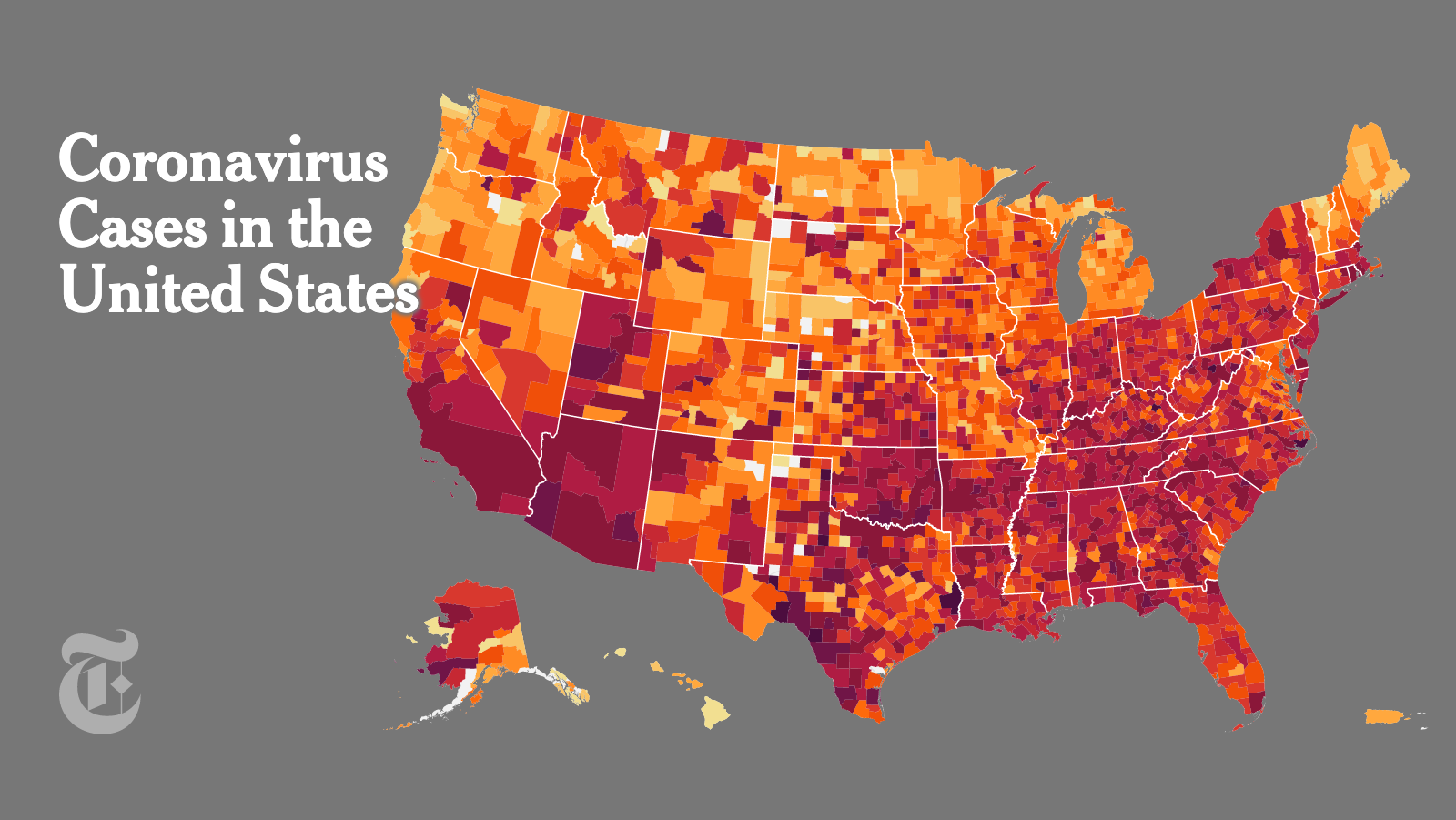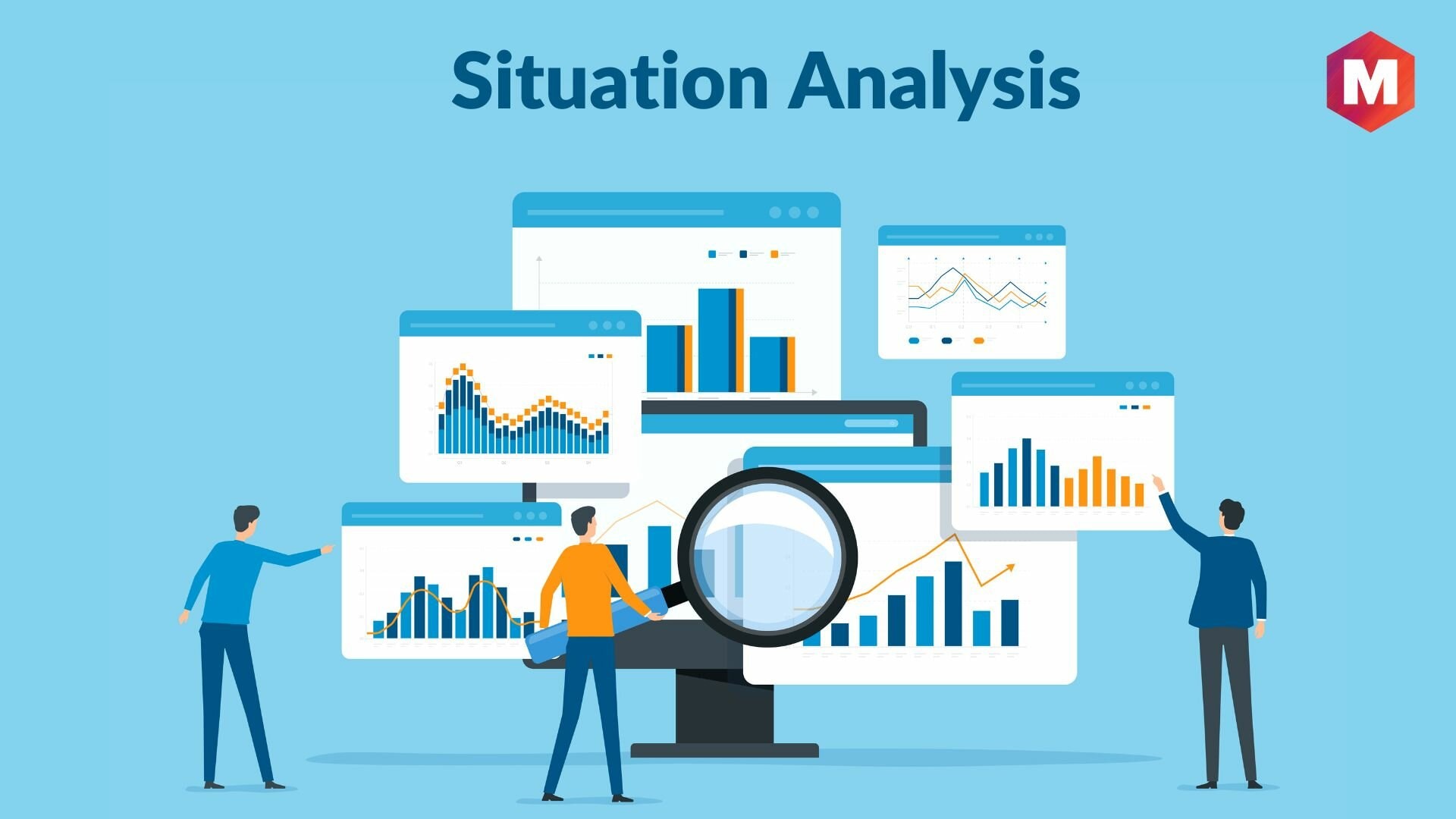Concerning Rise In COVID-19 Infections: WHO Points To New Variant

Table of Contents
The WHO's Report and the New Variant
The World Health Organization (WHO) has issued a report acknowledging a significant uptick in COVID-19 cases worldwide. This surge is suspected to be linked to a newly identified variant, tentatively designated as (replace with actual designation if available, otherwise use placeholder like "Variant X"). While investigations are ongoing, preliminary findings suggest several key characteristics:
- Specific details from the WHO report: (Insert specific details from a hypothetical WHO report, e.g., "The report highlights a sharp increase in cases in several regions, notably..." "Initial genomic sequencing reveals several mutations...").
- Geographic spread of the variant: (Insert details about geographic spread, e.g., "The variant has been detected in [countries/regions], raising concerns about its rapid global transmission.")
- Unique mutations identified: (Insert details about mutations, e.g., "Several mutations in the spike protein are of particular concern, potentially impacting vaccine efficacy and transmissibility.")
- Comparison to previous variants: (Insert comparison data, e.g., "While early analysis suggests a higher transmissibility compared to Omicron, further studies are needed to assess its severity and vaccine escape potential.")
Impact on Infection Rates and Hospitalizations
The emergence of this new COVID-19 variant correlates strongly with the recent surge in infection rates and hospitalizations globally. Many healthcare systems are experiencing renewed strain as case numbers climb.
- Statistics on infection rate increases: (Insert hypothetical statistics, e.g., "Infection rates have increased by X% in the past [time period], surpassing previous peaks in several countries.")
- Data on hospitalization and ICU admissions: (Insert hypothetical statistics, e.g., "Hospitalizations have risen by Y% in the same period, with ICU admissions also increasing significantly, placing a heavy burden on healthcare resources.")
- Regional variations in impact: (Insert information about regional variations, e.g., "The impact of the variant varies regionally, with some areas experiencing a more significant surge than others.")
- Potential long-term effects: (Insert information about potential long term effects, e.g., "The sustained pressure on healthcare systems could lead to delays in other essential medical services and potentially long-term effects on healthcare workforce burnout.")
Public Health Response and Recommendations
In response to this concerning rise in COVID-19 infections and the new variant, the WHO and various governments are implementing several public health measures:
- Updated vaccination guidelines: (Insert information about updated guidelines, e.g., "Updated vaccination guidelines emphasize the importance of booster shots, particularly for vulnerable populations.")
- Recommended preventative measures: (Insert preventative measures, e.g., "The WHO recommends renewed adherence to preventative measures such as mask-wearing in indoor settings, social distancing, and improved ventilation.")
- Travel advisories and restrictions: (Insert information about travel advisories, e.g., "Several countries are implementing travel advisories or restrictions, requiring testing or quarantine for travelers from affected regions.")
- Testing and contact tracing strategies: (Insert information about testing and contact tracing, e.g., "Enhanced testing and contact tracing strategies are crucial for early detection and containment of outbreaks.")
The Importance of Continued Surveillance and Research
Genomic surveillance plays a vital role in tracking the evolution of the virus and identifying new variants. Continued scientific research is essential to understand the new variant's characteristics, its potential impact, and to develop effective countermeasures. International collaboration is crucial in sharing data, coordinating responses, and ensuring global pandemic preparedness. Data analysis and advanced modeling will help predict future outbreaks and inform public health strategies.
Conclusion
The recent rise in COVID-19 infections, linked to a new variant, presents a significant public health challenge. The strain on healthcare systems highlights the urgency of a robust and coordinated global response. The key takeaways emphasize the importance of continued vigilance, vaccination, and adherence to public health guidelines. Stay informed about the evolving situation by consulting official sources like the WHO and your local health authorities. Get vaccinated or boosted, and follow preventative measures to protect yourself and your community from this concerning rise in COVID-19 infections and the new variant. Remember, collective action is crucial in combating this pandemic.

Featured Posts
-
 Jaime Munguias Adverse Vada Test Result What We Know
May 31, 2025
Jaime Munguias Adverse Vada Test Result What We Know
May 31, 2025 -
 Tenis Tarihi Yazildi Djokovic Nadal In Rekorunu Gecti
May 31, 2025
Tenis Tarihi Yazildi Djokovic Nadal In Rekorunu Gecti
May 31, 2025 -
 This Springs Eerie Resemblance To 1968 Summer Drought Predictions
May 31, 2025
This Springs Eerie Resemblance To 1968 Summer Drought Predictions
May 31, 2025 -
 Is This The Good Life Assessing Your Current Situation And Aspirations
May 31, 2025
Is This The Good Life Assessing Your Current Situation And Aspirations
May 31, 2025 -
 Achieving The Good Life Steps To Happiness And Fulfillment
May 31, 2025
Achieving The Good Life Steps To Happiness And Fulfillment
May 31, 2025
